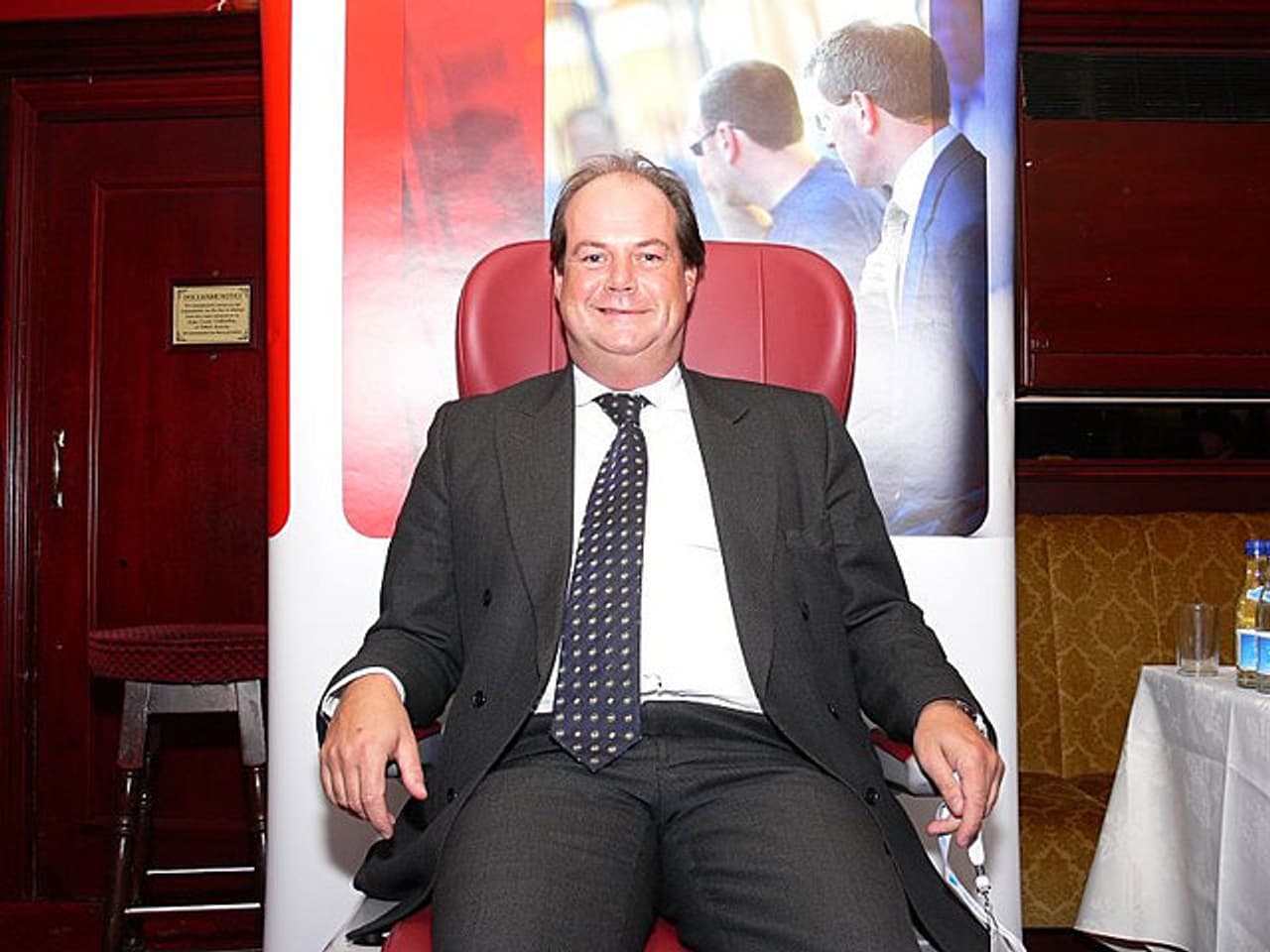
Stephen Hammond answers the Bureau’s story on questions asked by MPs
Stephen Hammond MP provided a detailed response to the story, which he asked us to publish in full.
He asked us to point out that he has not in any way breached the Code of Conduct.
Here is his response in full:
“On 24 May 2011 in the Commons you asked the Business Secretary whether he planned to ‘review the operation of the Agency Workers Regulations 2010 and its associated guidance’.
Hammond: I did table this and one other written parliamentary question on the subject, each of which sought clarification of the intendment of the Agency Workers Regulations and the intentions of the government in relation to them. Your article should also note the critical fact that in doing so, I drew attention to my registrable interest.
“Given that the Agency Workers Regulations are of prime concern to the PCG, which has been pushing for freelance workers to be explicitly excluded from the legislation’s remit, would it be correct to say that you were asking the question on the PCG’s behalf? If not, can you tell me what prompted this question?”
Hammond: I was not asking the question on behalf of the Professional Contractors Group. This was a matter of public concern in which the PCG and its membership had an important but not exclusive interest. I had been actively engaged on the issue as a result of strong representations made to me from a constituent as well as my discussions with the PCG.
Hammond: The Code of Conduct and the Guide to the Rules relating to the Conduct of Members explicitly prohibits advocacy for measures that confer an exclusive benefit on a professional representative association by which a member of parliament is paid. However, just as an MP who is sponsored by a union may raise matters of significant but not exclusive concern to his union such as employment rights or the pay and conditions of workers in that industry, it permits the tabling of written parliamentary questions on matters of general public interest, even where the professional association also has a particular interest, providing the fact of the member’s remuneration is registered and declared (as it was).
Hammond: The Agency Workers Regulations are not intended to cover freelance contractors and clarification of them so that this is put beyond doubt does not confer a benefit on the PCG or its membership. It is very much in the general public interest in the effective implementation and administration of the regulations that their intention should be as clear as possible. Therefore, the question was an entirely legitimate and proper exercise of my parliamentary functions and consistent with the Code of Conduct. It is essential that your article should reflect that fact and not imply in any way that these questions were inappropriate or inconsistent with my parliamentary duties.
“Is it an implied term in your arrangement with the PCG that you will ask such questions when you deem necessary?”
Hammond: There is no such term implied or otherwise. My arrangement with the PCG is advisory only and leaves me completely free to exercise my judgment as to the issues which I consider it in the public and my constituents’ interest to raise. It does not bind me in any way as to the conduct of my parliamentary functions.
“I note that you are also paid £25-30,000 per year as consultant to the Confederation of Passenger Transport, lobbyists for the light rail and bus industries. Did you ask your question in the Commons on March 2011 about removing a requirement for coach drivers taking children across local authority boundaries to undergo criminal records checks in each local authority on behalf of the CPT? If not can you tell me what prompted this question?”
Hammond: You will note that this consultancy is also registered in the Register of Member’s Interests.
Hammond: I have a long background of engagement with this issue commencing well before the start of the consultancy with the CPT. I was Shadow Transport Minister for four years and frequently asked questions and commented in speeches on the regulation of coach and bus drivers. I have consistently argued for the need for a single CRB registration.
Hammond: The Code of Conduct permits advocacy for measures that do not confer an exclusive benefit on the trade association or its membership even although it may have a particular interest in them. The instigation of a single CRB check for school bus drivers is very much in the public interest and does not affect the interests exclusively of the coach industry. For example, it is powerfully in the interests of local authorities and council taxpayers. Therefore, having declared my registrable interest, it was an entirely proper question for me to ask and was well within the Code of Conduct that governs the exercise of my parliamentary functions. It is essential that your article should reflect that fact and not imply in any way that this question was inappropriate or inconsistent with my parliamentary duties.
I consider that any express or implied imputation that I have acted improperly and outside the scope of the code of conduct governing the actions of members of parliament would be wholly unjustified and damaging to my reputation, which I shall vigorously defend.




